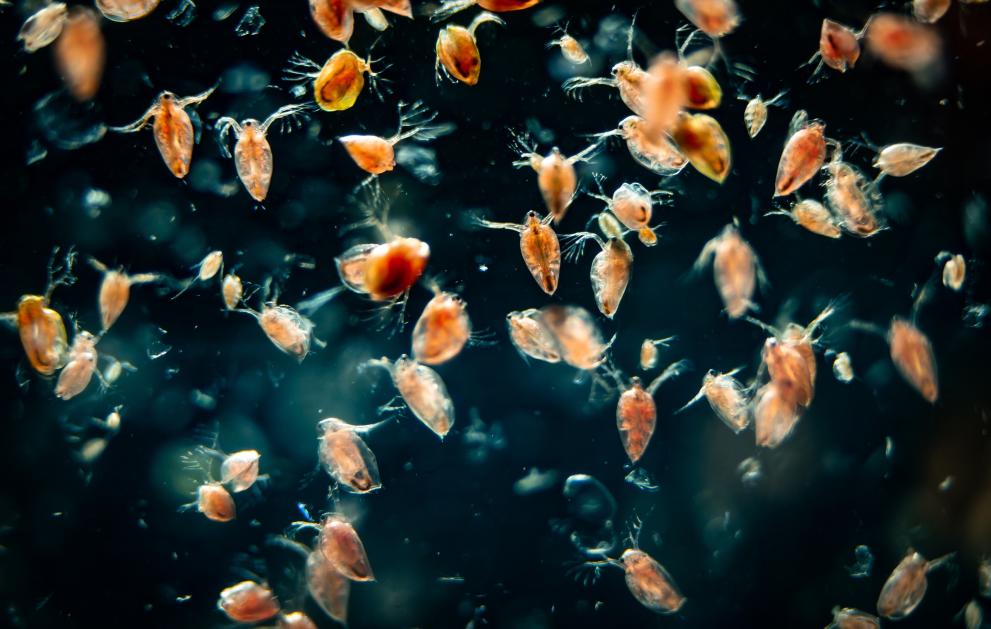
In 2019 the European Commission adopted a ‘strategic approach to pharmaceuticals in the environment’, citing a need for further monitoring and research of environmental impacts. Pharmaceuticals are frequently found in freshwater rivers and streams. Sewage treatment of human waste, from hospitals and households, cannot remove all the active ingredients of drugs, or the metabolites they form as they break down. These medical chemicals are being delivered constantly into aquatic environments globally, accumulating, and likely negatively impacting freshwater plants and animals. The fact that residues of pharmaceuticals can nowadays be found in all water bodies globally, led the Commission to propose additional treatment of urban wastewater to remove micropollutants from urban wastewater for all treatment plants above 100 000 population equivalent (PE) and those discharging into areas at risk1.
Metabolites of drugs can remain active in the environment and show comparable or higher toxicity than the original drug itself. Pharmaceuticals used in chemotherapy for cancer interfere with DNA replication in freshwater species, slowing cell growth and eventually leading to cell death, even at low concentrations (in the range of nanograms per litre (ng L-1)).
This study aimed to understand the impact of two anticancer drugs: cyclophosamide (CP) and cisplatin (CDDP) on water fleas at the molecular level (RNA function), alongside changes in growth, reproduction and survival. This offers a holistic view of the impact anti-cancer drugs have at environmentally relevant concentrations on an important freshwater species which, as a basic food source for fish and controller of algal biomass, is likely to have implications for other species.
The researchers exposed water fleas to environmental concentrations of the two drugs, in separate experiments, over 70 days – the equivalent of five generations. Observations of growth rate, age at first reproduction and the number of eggs produced were performed in the presence of CP or CDDP. The proteins and RNA were isolated and examined using mass spectrometry and an RNA sequencing method, to identify any modifications compared to the control cohort.
They found that after five generations of exposure to the chemicals there was a significant decrease in the growth rate of the water fleas and the number of eggs they laid. Exposed water fleas also reproduced at an older age. These impacts were more pronounced in water fleas exposed to cisplatin, which also caused a decrease in individuals surviving to a given age. When analysing the RNA of exposed water fleas, they found the life history changes to be the result of modifications in the transcription of genes (how cells are read to make proteins), and also noted differences in the proteins present.
The authors note that the consequence of reorganisation at the molecular level due to these drugs is the reallocation of energy, affecting life history parameters i.e., a decrease in the number of eggs laid and lengthening of time to first reproduction. They suggest that these changes to mortality and reproduction could lead to fewer water fleas in freshwater environments. This would likely impact algal biomass and food available for fish – meaning anticancer drugs indirectly disturb the function of aquatic food webs. The ecotoxicogenomics approach used in this study adds to the knowledge base – for scientists and policymakers – when considering environmental impact assessments of existing, or newly developed drugs.
Footnotes:
- European Commission (2022) Proposal for a revised Urban Wastewater Treatment Directive: available from https://environment.ec.europa.eu/publications/proposal-revised-urban-wastewater-treatment-directive_en [Accessed July 3 2023]
Source:
Mielecki, D., Grzesiuk, E., Bednarska, A., Garbicz, D., Świderska, B., and Grzesiuk, M. (2023) Contamination of aquatic environment with anticancer reagents influences Daphnia Magna – ecotoxicogenomics approach. Ecotoxicology and Environmental Safety, 249: 114372. Available at: https://doi.org/10.1016/j.ecoenv.2022.114372 [Accessed July 3 2023].
Details
- Publication date
- 5 July 2023
- Author
- Directorate-General for Environment

